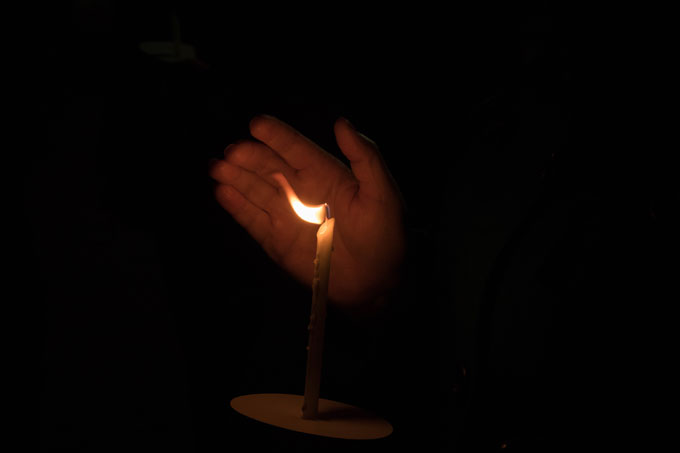Professor Bee Scherer, Director of the Intersectional Centre for Inclusion and Social Justice (INCISE), explores Trans-Remembrance, Equality and Higher Education following the Transgender Day of Remembrance.
On 20 November, like every year since 1998, community groups around the UK and worldwide held Transgender Day of Remembrance (TDoR). TDoR remembers the victims of transphobic murders during the preceding year. In 2016, The Transrespect Project lists 295 names.
Less empathic readers might ask about the significance of the number – at the end of the day, a horrible number of people get murdered for various reasons, right? Why commemorate murdered trans people? Well, because the number testifies to more than the horrific individual murders of trans people, many of which trans persons of colour and sex workers; the number reflects only reported murders with a verified, direct transphobic motive. A meta-analysis of surveys about trans health demonstrates the astonishing amount of systemic social injustice which the trans populace is facing. The haunting evidence regarding violence experienced, suicide and severe mental distress, and direct and indirect day-by-day experience of discrimination reminds us that TDoR remembers more than the lives lost.
If we do not want TDoR to become another day when we wear a symbol as to forget our failures and to make us feel better (as seems to be the case with the ubiquitous poppies), we need address the system behind transphobia: the oppressive creation of a normative centre (white, male, cisgender, heterosexual, able-bodied, healthy, classy, good-looking, well-off, young-ish etc.).
In this context, the rise of Equality professionals in Higher Education, and elsewhere, is not necessarily a positive thing. Rather, equality politics can become tick-box tokenism in service of preserving the status quo, only reluctantly yielding some greater permeability and access to the privileged centre. During 20 years in Higher Education, I have experienced astonishing acts of equality sabotage by those who claim to work for equality – including self-righteous cis-plaining by privileged heterosexuals to Machiavellian backstabbing by ambitious homonormative gays posing as professional victims. This, and Feminist scholar’s Sara Ahmed’s resignation from her post at Goldsmith’s, reminds us that queer-feminist research and equality activism can be used successfully and cynically by neoliberal academia to obstruct true equality progress.
Resisting the discourse and dictatorship of privileged normalcy, we need to radically change the system that creates a centre and margins by celebrating variable human embodiment and experience equally. Remembering the lost lives only becomes meaningful when we fight every day against the temptation to claim identity by means of the exclusion of others.
 Expert comment
Expert comment holly finch
holly finch 1452
1452


